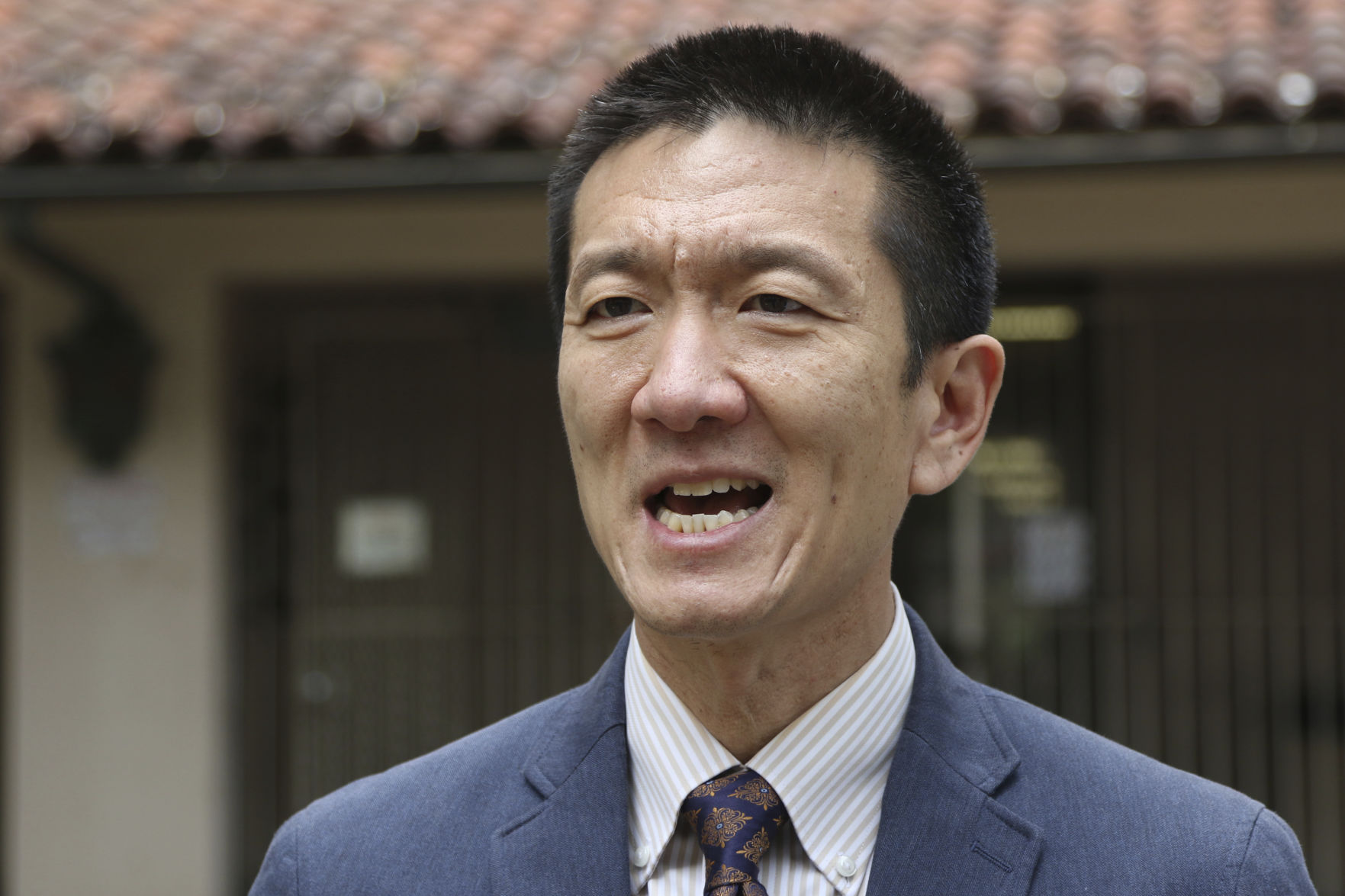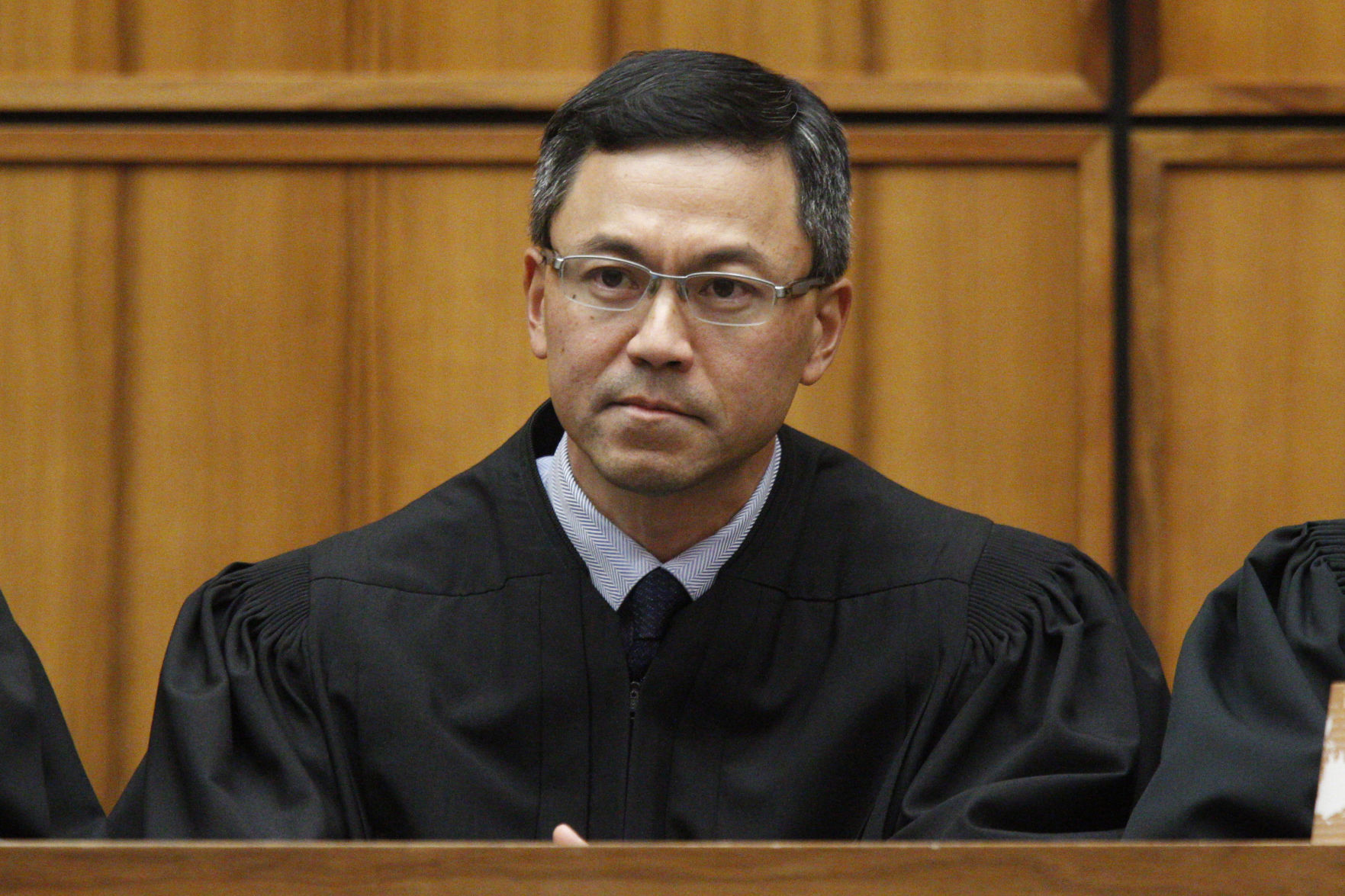HONOLULU (AP) — The Trump administration on Tuesday appealed a Hawaii judge’s order that blocks the newest version of the travel ban. Attorneys for the U.S. government filed court papers saying they are taking the case to the San Francisco-based
HONOLULU (AP) — The Trump administration on Tuesday appealed a Hawaii judge’s order that blocks the newest version of the travel ban.
Attorneys for the U.S. government filed court papers saying they are taking the case to the San Francisco-based 9th U.S. Circuit Court of Appeals, which has blocked both of President Donald Trump’s previous bans.
The administration also has asked the Richmond, Virginia-based 4th U.S. Circuit Court of Appeals to review a ruling by a federal judge in Maryland, which put the latest set of travel restrictions on hold hours after U.S. District Judge Derrick Watson made the same decision last week.
Watson’s order came just hours before the ban was to take effect, saying the policy has the same problems as its predecessor.
The latest version targeted about 150 million potential travelers from Chad, Iran, Libya, North Korea, Somalia, Syria and Yemen, along with some Venezuelan government officials and their families.
The Trump administration said it was based on assessments of each country’s security situation and their willingness to share information with the U.S. about travelers.
Watson found that the new ban, like the version before it, failed to show that nationality alone makes a person a greater security risk to the U.S.
The White House has said the ruling thwarts Trump’s efforts to keep the American people safe.
“We stand ready to defend it,” Hawaii Attorney General Doug Chin said in response to the appeal of the judge’s order.
The state has sued to stop all three versions of the travel ban, arguing that the restrictions would separate families and undermine the recruiting of diverse college students.
Rulings against the newest ban in Hawaii and later in Maryland only apply to the six Muslim-majority countries. They do not affect the restrictions against North Korea or Venezuela, because the plaintiffs did not ask for that.




